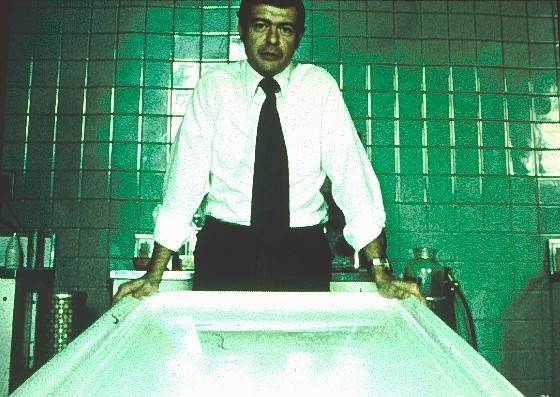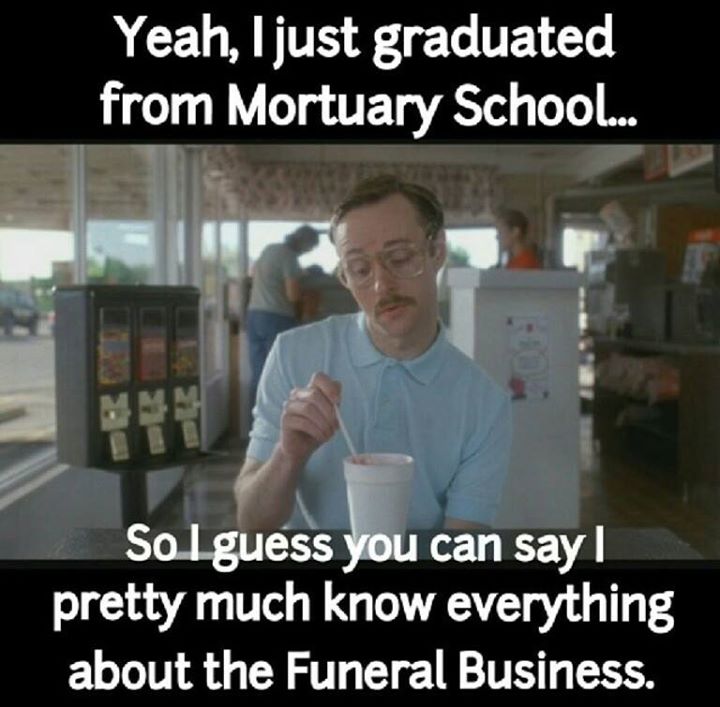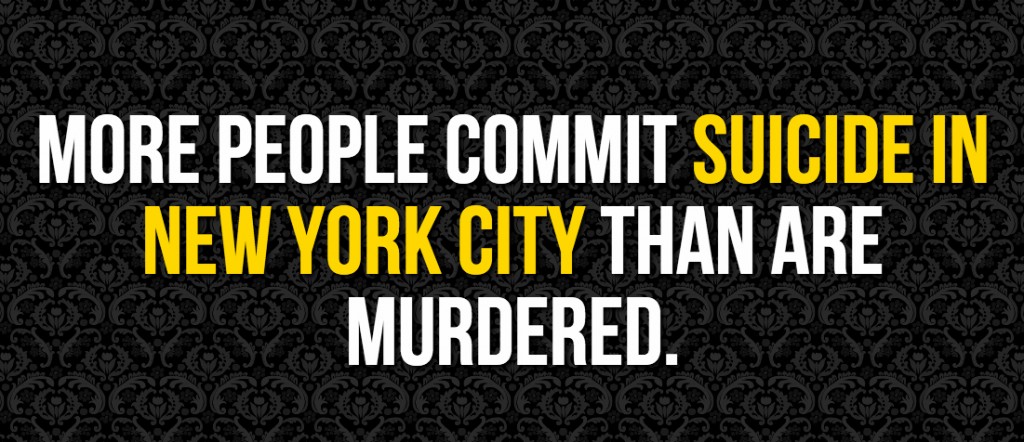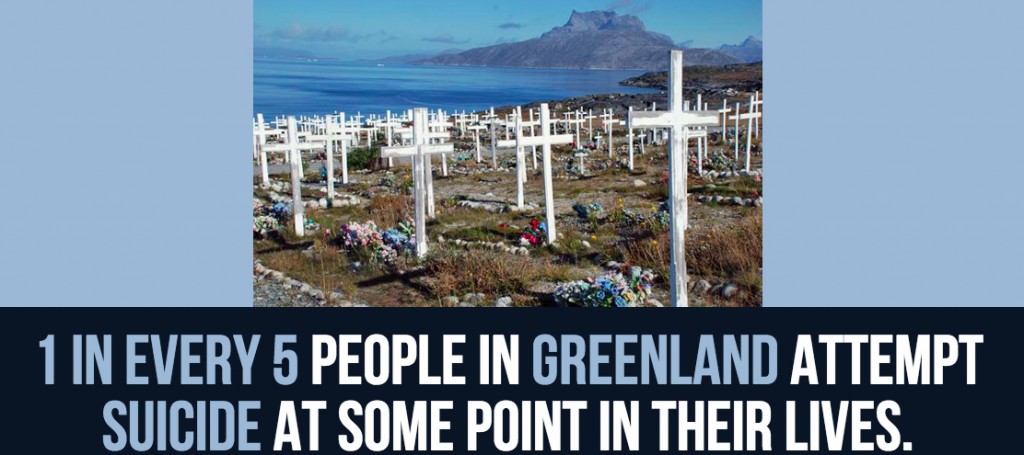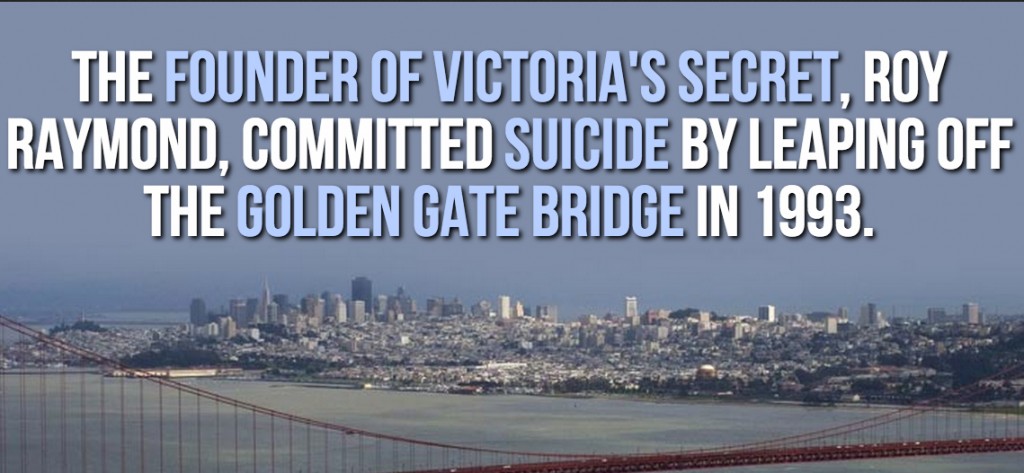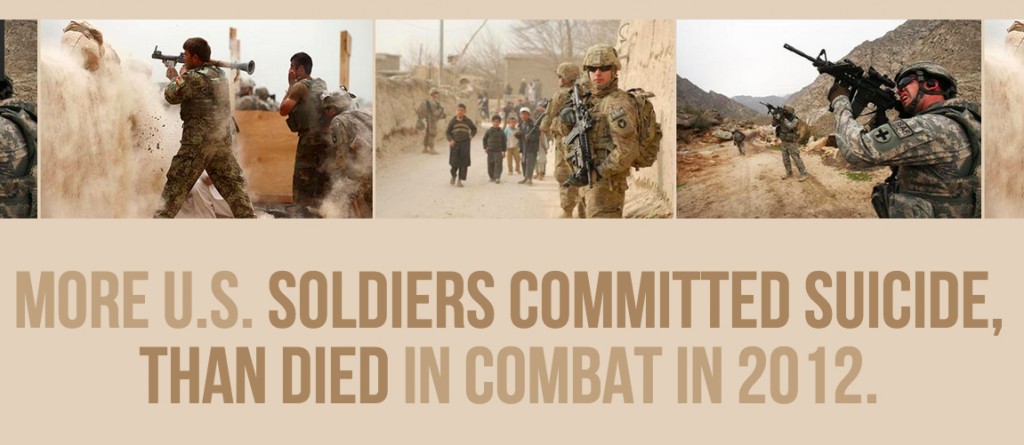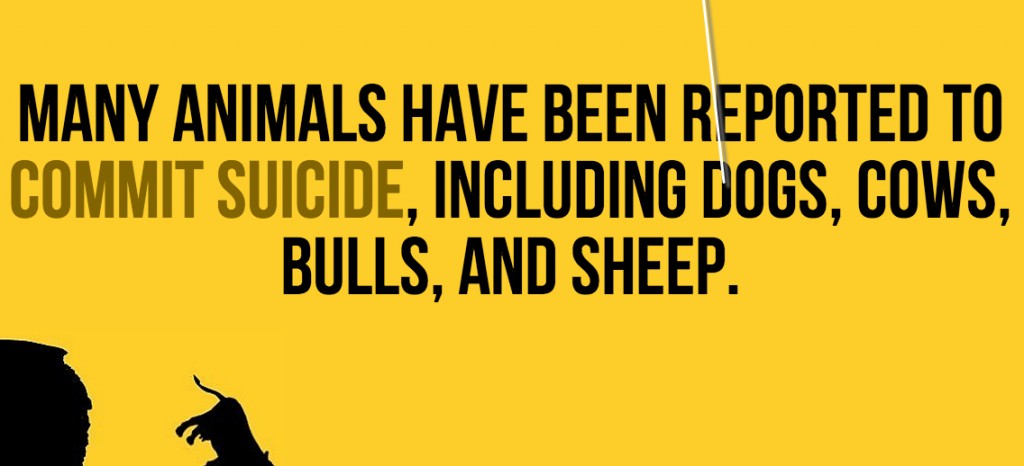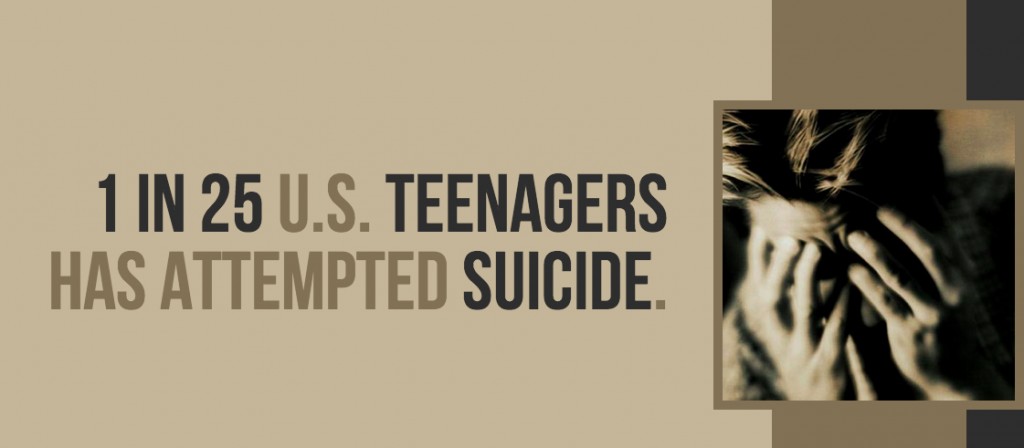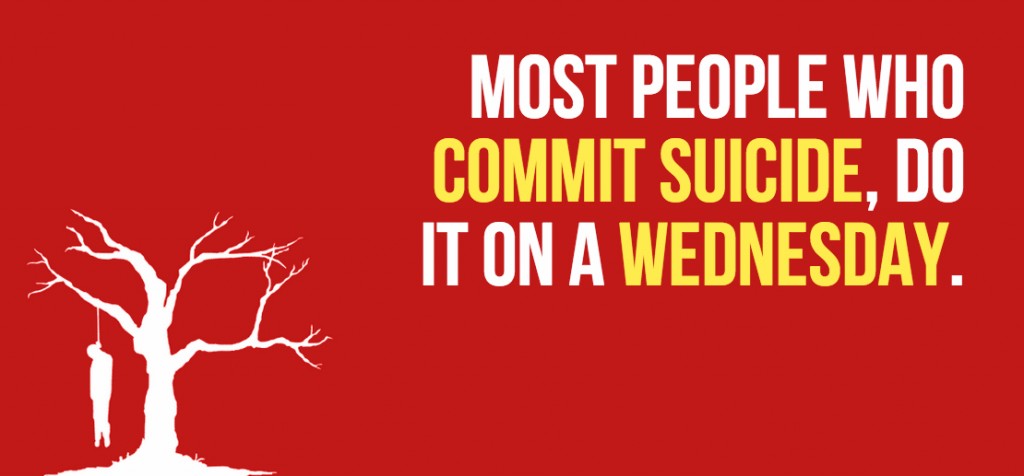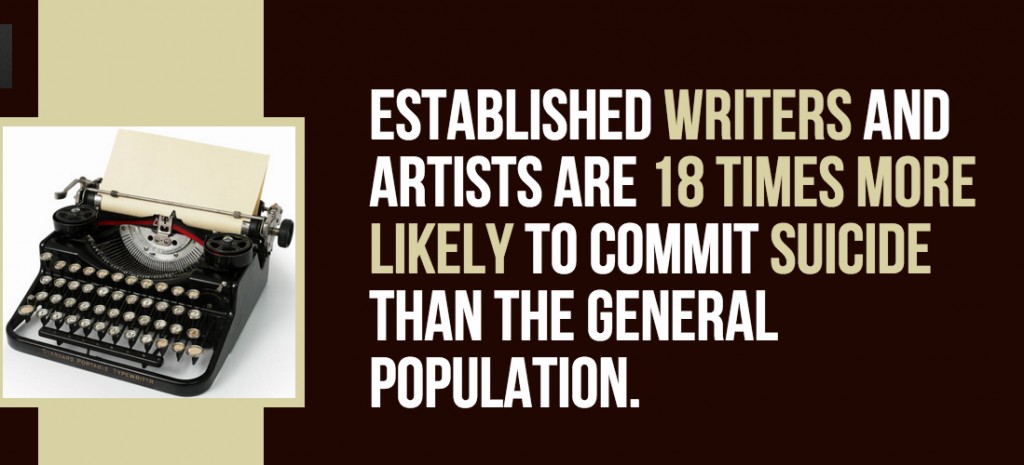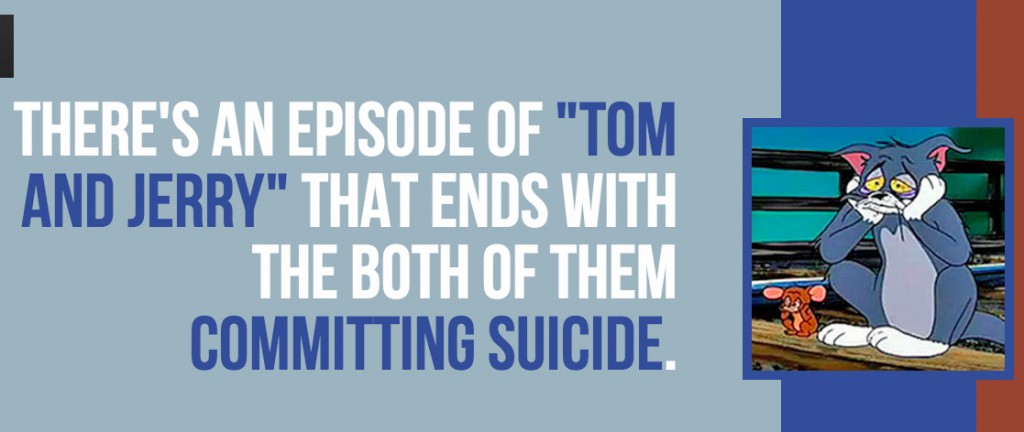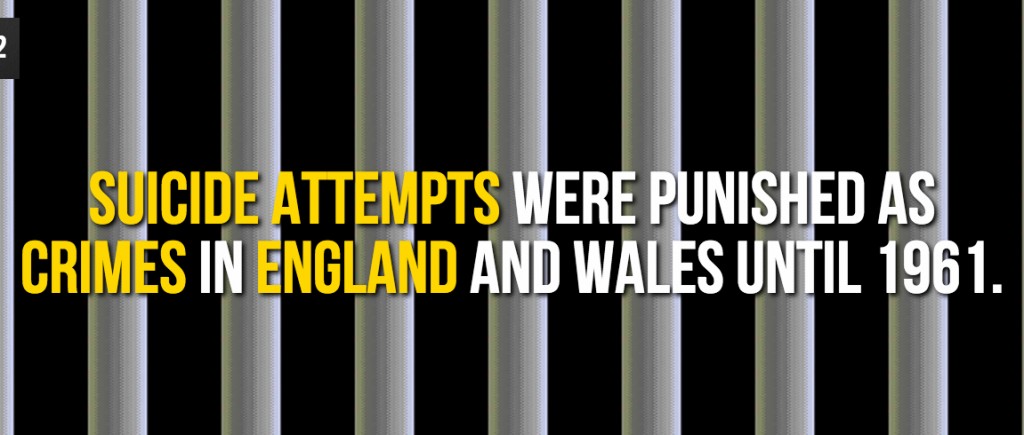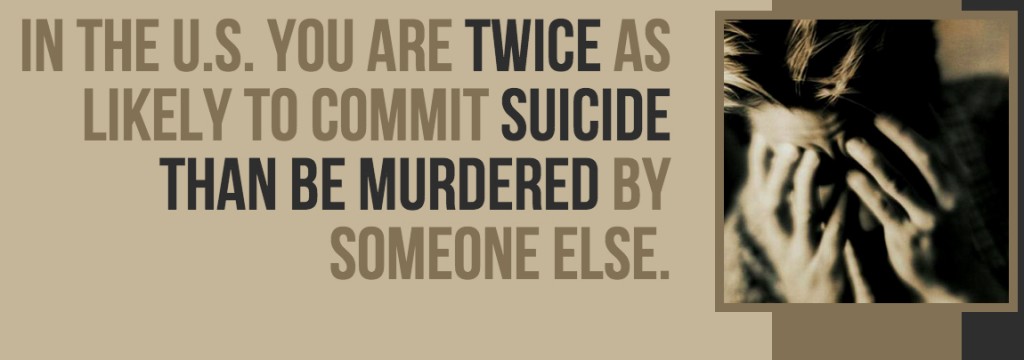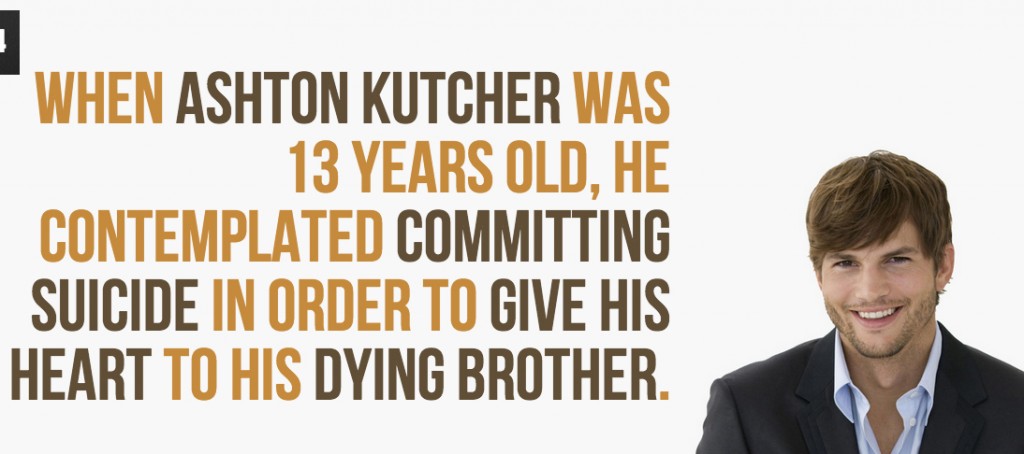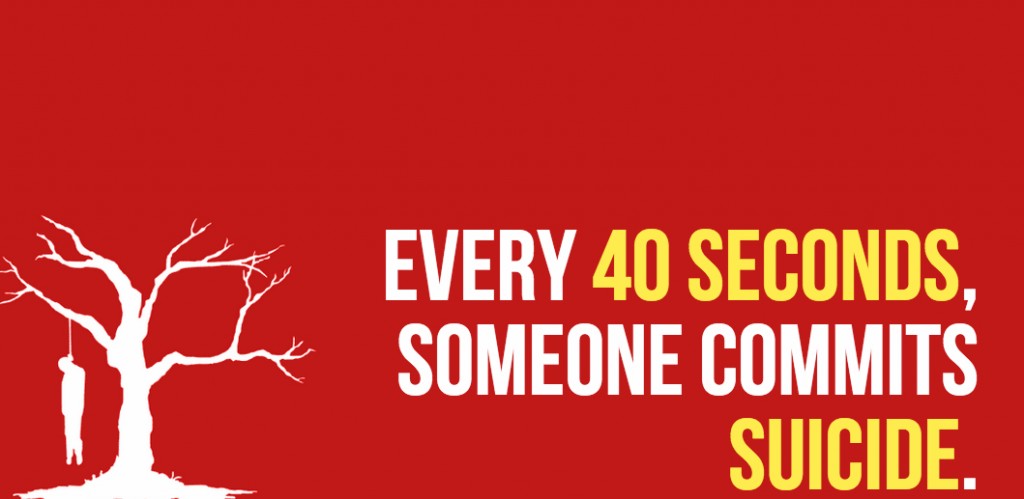Caleb Wilde
(218 comments, 980 posts)
Posts by Caleb Wilde
10 Marks of a Good Funeral Director
Over the past couple days I’ve been thinking about the question “what makes a good funeral director?” I wrote down 50 plus characteristics. Then I tried to find 10 that I thought were more essential than the others. Below are those 10.
But, these 10 “essentials” are very much opinion. In reality, the answers are quite relative … relative to a funeral director’s demographic, relative to funeral directors cultural expectations and relative to the funeral director’s personality.
With that in mind, let me be the first to say that this list is horribly inadequate. Nevertheless, here are 10 marks of a good funeral director.
1. Emotional Capital:
Funeral directors are paid to be the stable minds in the midst of unstable souls. We often dwell in the darkness and stare into the void. It takes emotional resiliency to bury a child. It takes emotional capital to bury the mother of three young children. If you don’t have that emotional capital, you’ll go bankrupt.
2. Altruism:
Most of us get our emotional capital by helping others. And although I’ve heard funeral directors say “I’m here to serve” a thousand times, the truth is this: If serving others is the core reason you’re in this industry, if service is your “calling”, you’re doing it right.
3. Continuing Education:
I’ve actually learned a thing or two at continuing education courses. But, I’m not talking about those mandated course hours here. I’m talking about the fact that a good funeral director (like in every field of life) always has a desire to expand their understanding. A good funeral director is alway considering new perspectives and challenging their mind to think outside the proverbial box.
4. Business Savvy (specifically for managers and owners):
The more money you can save the more of those savings can be passed back to the customer. Too often it is the mismanaged funeral homes that end up having to charge exorbitant amounts of money in order to support their bad business decisions.
5. Good Teachers
You don’t know everything. You will never know everything. You will always need teachers in your life.
6. Good co-workers/bosses/employees:
The funeral industry isn’t like the NBA where one player can take over and win the game nearly on their own. The funeral industry is more like the NFL. Sure, there are franchise players, but it’s much more of a team sport. And if you’re playing on a bad team, it’s really hard to do your job well. But, if you’re on the right team, your gifts can shine.
7. Internal Locus of control.
“Internal locus of control” is a more technical way of saying “a person with a high sense of personal responsibility.” This business moves too fast for us to always be dependent on our bosses. And at time, this business most so slow that you’ve got to look for things to be do. The blame game doesn’t work in this industry.
8. Empathy and sympathy.
Imagine being at the bottom of a deep, dark hole. Peer up to the top of the hole and you might see some of your friends and family waiting for you, offering words of support and encouragement. This is sympathy; they want to help you out of the pit you have found yourself in. This can assist, but not as much as the person who is standing beside you; the person who is in that hole with you and can see the world from your perspective; this is empathy. — Dr Nicola Davies
There are times (at funerals especially) when all we can give is sympathy. When it’s outside of our ability to fully empathize with a person’s situation. After all, the person laying in the casket isn’t my father. This isn’t my daughter. This isn’t my family.
And that’s our job. You pay us to be directors. And we couldn’t handle much more. We have to maintain a certain level of objectivity because there’s only so much pain, grief and heartache we can share until we too start to crash … burn out.
But, there’s other times when you can’t help but be drawn into the narrative, so that you enter the narrative and become a character in the story. Not just a director, but an actual character in the drama of life and death.
Knowing the difference between empathy and sympathy and having the ability of to use both is what can separate an average funeral director from a good one.
9. Integrity.
Integrity is doing the right thing when nobody is looking. The funeral industry is full of closed doors; and many of our jobs are performed behind closed doors. A good funeral directors is respectful in public and in private.
10. Honesty.
Honesty in the funeral industry looks something like this: admitting our mistakes when we’re wrong, doing our best to communicate truthfully to our customers and our co-workers and making sure we aren’t exploiting anyone.
*****
This “list” is missing something … your perspective. What do you think characterizes a “good funeral director”?
The Grief of Christmas Past, Present and Future
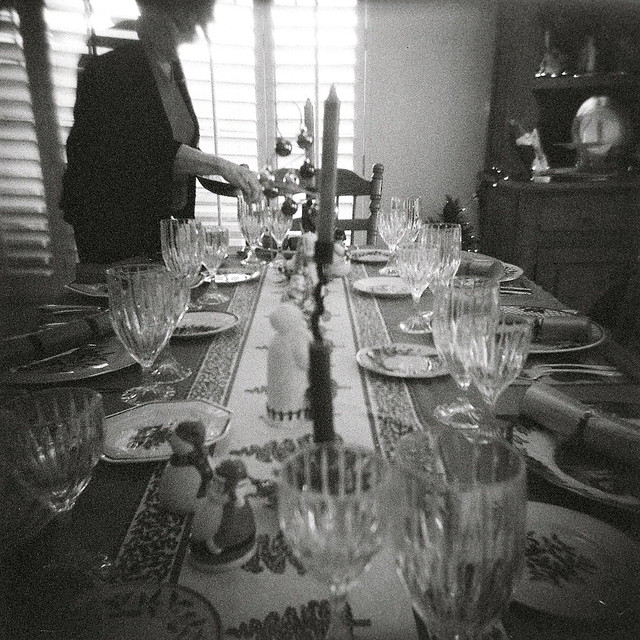
© 2010 Kevin Dooley, Flickr | CC-BY | via Wylio
Holidays can underscore everything that is wonderful in life. Especially in America, where life is so busy, where there’s rarely time off from the grind, holidays allow us a chance to be human, to enjoy our relationships, to enjoy our family and friends.
For many, it’s a time when we come home. Maybe our jobs have taken us away from our extended families, or our wanderlust has created a land distance between the place we grew up and the place we’ve planted ourselves.
Holidays allow us to touch … again. Touch, hug, and kiss our parents. Embrace our brothers, tightly hug our sisters. It fills what Facebook and Skype can’t provide.
But the same thing that underscores life also underscores what’s missing.
Parents, who only a couple years past were welcoming you home for the holidays with their embrace, their holiday feast, are now gone. Siblings, spouses, maybe even children — people who were mainstays in our lives — are no longer there to share in the life of Christmas morning, of New Year feasts, of presents.
And what is meant for rest … what is meant for life … becomes a time that creates unrest as it all accentuates what’s missing … or rather who’s missing … from the family table, from the celebrations. The busyness of work, of kids, of our schedules comes to a screeching halt during the holidays and all of a sudden we have time to remember.
We remember the holidays past. The joy. The hugs. The love. The life that is now missing. And all the grief that we thought was over all comes flooding back into our hearts and our minds.
*****
If you’re the person who will be met with the unrest of death during this holiday season, here’s some practical advice for dealing with the grief of the past, present and future:
The Grief of the Past and Present: Whether your loss was very recent or years gone, when you’re with your family and friends this season, take time to remember your loved one who has passed away. Before the meal, or during the game, speak up and share something like this, “Hey guys, I just want to say that I love you all and I really miss ______ this year.” That’s it. Or, if you want to go on, share your favorite holiday memory of your loved one.
If you really want to be an angel this holiday, visit or call or send a card to someone you know who has recently lost. A simple “I’m thinking about you this holiday” goes a very, very long way.
The Grief of the Future: The best way to deal with the grief of the future is to live life now with absolutely no regrets. This comes from the authority that a funeral director possesses – if you’re at odds with a family member or a friend, no matter how ugly the dispute or no matter how hurt your pride, life is simply too short to hold a grudge. Give your family, your friends and yourself the greatest gift you could possibly give this Christmas – a gift that reflects the real reason of Christmas – and forgive.
And if you haven’t lost a loved one recently, I encourage you to love EXTRA HARD this holiday season. Live! Hug! Speak your love over your family and friends! And when the festivities are done and they’re leaving to go home, make sure you tell them that you love them.
I hope you all have a wonderful Christmas! I love you all.
Do It Yourself Death: Home Funerals and Death Midwives
Via Immune Media:
When someone dies, they do not have to be embalmed. The first call does not have to be to the “authorities.” The body can be kept at home for 24 hours and, in Oregon, can be buried in a “green” cemetery without a casket, or even your own backyard.
The subject of death has become taboo and fearful, and, as such, perpetuates a standardized system that influences how our society has come to perceive and treat it. Death is an inevitable, natural, personal process that has become institutionalized and monetized—co-opting every component—from the body of the deceased to the associated rituals, timing, and psychic impact.
Nancy Ward and Holly Pruett are ‘Death Midwives’ in Portland, Oregon that help families reclaim a healthy relationship with dying. They provide education and services that can circumvent the death industry status quo, and help families make informed and purposeful choices.
Death DIY from IMMUNE MEDIA on Vimeo.
df
Woman’s Will Asks for Her Dog to Be Euthanized and Buried With Her

© 2011 Magnus Bråth, Flickr | CC-BY | via Wylio
Pets often get the short end of the stick when their caretakers/owners die. They may be placed in a shelter, or — if they are lucky — adopted by a family or friend.
In the case of Bela the German Shepherd, she may really be getting the shortest end of the stick.
Via Gawker:
When Connie Lay of Aurora, Indiana died last month, her will outlined just few options for the care of her dog Bela, considered to be her property in the eyes of the law.
“(Lay) made provisions that in the event of her death, she wanted her very close friend to take charge of the dog,” her attorney Doug Denmure told WCPO. “…She also then requested that the dog be put to sleep, cremated and that the dog’s ashes be placed with her own ashes.”
Per legal analyst Mike Allen, the option of having your animal put down isn’t entirely uncommon or illegal.
“Animals are considered property and that’s what the point of a will is to dispose of property upon one’s death. You have that conflicting though with rules that say you have to treat animals humanely,” said Allen.
Via Fox: For now, Bela is being boarded at PAWS of Dearborn County after he was found with his owner Connie Lay at her home when she passed away. According to volunteers, he is a smart, well trained, sweet dog who deserves a home. But according to the attorney handling Lay’s estate, that was not his owner’s wishes.”
PAWS of Dearborn issued this statement:
You may have seen the news story regarding Bela, the German Shepherd dog being housed at PAWS Humane Center. We would like to take a moment to clarify the circumstances of Bela’s stay at our Center.
Legally, Bela is considered the property of the estate of the deceased person and not PAWS Humane Center. He is only being housed and cared for at our Center while legal proceedings with the estate are being finalized.
PAWS has no legal right or control over his outcome. Bela will not be euthanized at our facility, either by PAWS staff or the Dearborn County Animal Control Officers. If a euthanization decision is reached by the estate, then it will be the responsibility of the estate to make those arrangements elsewhere.
We appreciate your care and concern for Bela and all of the animals in Dearborn County.
So, what do you think?
